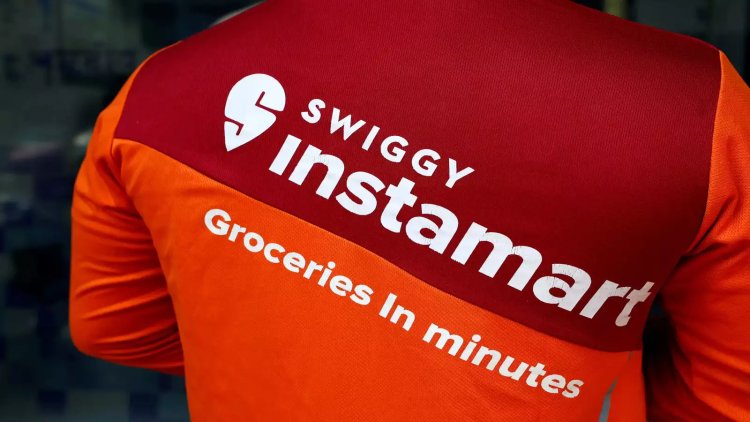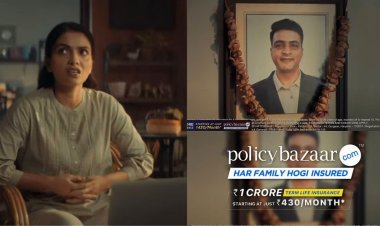Swiggy Instamart Faces Copyright Row Over Instagram Video Use
Swiggy Instamart faces backlash after being accused of using an Instagram user’s copyrighted video for sponsored ads without permission. Legal and ethical debates ensue.

Swiggy Instamart, a leading quick-commerce brand, has landed in hot water after an Instagram user accused the platform of copyright misuse. Nakul Dhull, the user in question, has alleged that Swiggy Instamart utilized a video he posted on his account as a sponsored ad without obtaining his permission.
In a strongly worded post on Instagram, Dhull stated, “I let it slide thinking it was a one-meme thing, but you’ve been running this video in your sponsored posts and stories for two months now. Stop this clownery or imma take action accordingly. I literally own the copyright of this video, just in case y’all don’t know.”
According to Instagram's copyright policy, the creator of original content retains ownership rights. The platform emphasizes that copyright owners have the right to prevent others from copying, distributing, or creating derivative works based on their content. This policy appears to bolster Dhull’s claims, as the law is clearly on the side of content creators in such disputes.
As of now, Swiggy Instamart has not responded to Dhull’s accusations or addressed the matter publicly. The silence from the company has only added fuel to the controversy, with many social media users supporting Dhull’s demand for action.
/afaqs/media/media_files/2024/12/13/JDrQKn3jJ9H5vMoqHswI.png)
This incident has sparked discussions about the ethical and legal implications of using user-generated content (UGC) for commercial purposes. Brands leveraging UGC often find themselves walking a thin line between creative marketing and infringement of intellectual property rights.
Social media platforms, including Instagram, explicitly state that creators retain the copyright to their original works. Brands are expected to seek permission from creators before using such content for advertisements, especially in sponsored campaigns where revenue generation is involved.
Experts believe that incidents like these highlight the need for stricter enforcement of copyright laws in the digital space. A marketing professional commented, “With the increasing reliance on UGC, brands must ensure that they follow ethical practices. Missteps can not only damage their reputation but also lead to legal consequences.”
While the case is yet to take a legal turn, it raises important questions about the responsibility of brands in respecting creators’ rights. For now, Dhull’s post has gained significant traction, with many awaiting Swiggy Instamart’s response to the allegations.
This situation serves as a reminder to both brands and creators about the importance of clear communication and proper licensing agreements when using original content in commercial campaigns.

 Deepanjali
Deepanjali 










